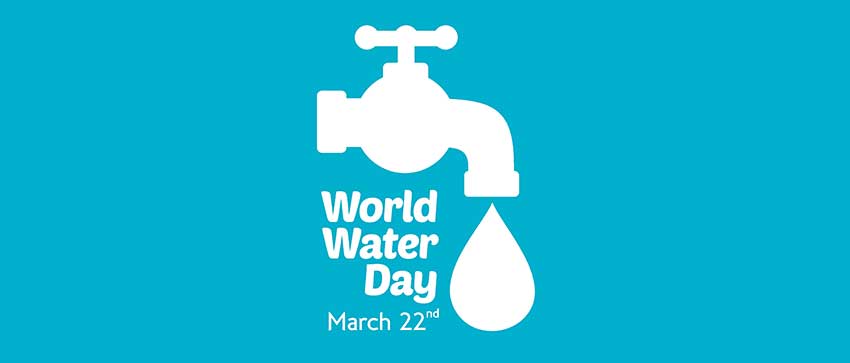IMPORTANT UPDATE: OUR BANKING DETAILS ARE CHANGING CLICK HERE FOR DETAILS
Read moreRead lessWorld Water Day - How pure is our water?

Access to safe drinking water is considered a basic human right. However, the recent problems regarding water quality across Australia have shaken the nation’s confidence in the ability of water suppliers to consistently provide safe water for human consumption. There have been several well-known water quality crises across 18 different areas in Australia, exposing citizens to drinking water contaminated with PFAS – a toxic substance unsafe for human consumption.
The contamination zone has hit 10 sites in Sydney, 25 in New South Wales, and at least 90 different parts of Australia in total – with the contaminant believed to be highly carcinogenic.
Interestingly, 47% of Australians have confidence in the long-term quality of their water supply; with only 22% showing any doubt. However, given the new facts coming to light, this belief may waver in the future.
What’s causing our water quality problem?
On the whole, Australian drinking water is clean. However, in a recently released statement, the Department of Defence revealed that a significant proportion of the Australian population had been exposed to a toxic firefighting foam used on military bases. Moreover, they failed to warn the public of the threat while admitting it could cost hundreds of millions to clean affected areas.
In Western Australia, rural communities have become frustrated at their lack of high-quality drinking water as they increasingly rely on bottled water sources. Tests show that mineral and impurity levels are as much as twenty times higher in certain communities than elsewhere in the state, with nitrate levels reaching worrying heights. This can lead to stomach troubles for anyone consuming the water.
Sometimes, the problem can be at the door of the utility provider, the supply infrastructure and other times; it could be the water pipes or fittings in your own building that contaminate the water. Macquarie University researchers reported a number of Australians could be exposing themselves to a dangerous level of lead in their drinking water as a result of old kitchen taps. Lead is a particular risk to pregnant women, children and babies as it impacts brain development. So, consumers should always test their own water supply – even if suppliers believe it to be safe.
Are there natural, chemical-free solutions to solve our water problem?
Firstly, it’s important to filter water. Nature has the solution in the form of carbon, and when that carbon is in a high-quality water filter, it withdraws practically any contaminant from drinking water. That includes disinfection by-products that could cause cancer, lead and even microbes.
If microbes are your primary concern, then UV purification using ultraviolet light ensures water that’s proven 99.999% germ-free. This is especially important when you’re working with children, the elderly, or people with a compromised immune system. You have the satisfaction of knowing your drinking water is clean, safe and purified.
When investing in water filtration solutions isn’t an option, boiling your water is a simple and natural purifying technique that has been used throughout history.
There are also a variety of plants that can be used to help purify your drinking water. Researchers in Mexico developed a cilantro based water filter that decreased the absorption of heavy metals such as lead. It is readily available, inexpensive and cilantro has always had a reputation for purification.
With many different types of contaminants affecting water, it may seem that we’re facing an endless problem. If we take our health into our hands, we can offer safe drinking water without contributing to plastic pollution, using harmful chemicals or even going to a great deal of trouble.



